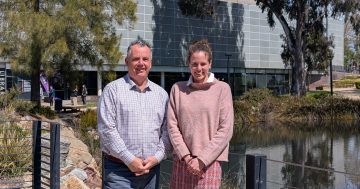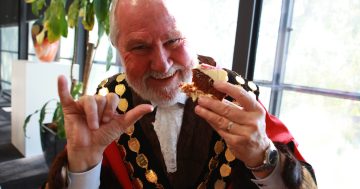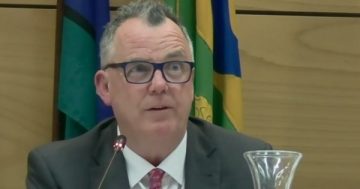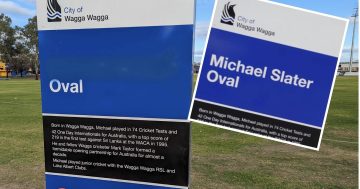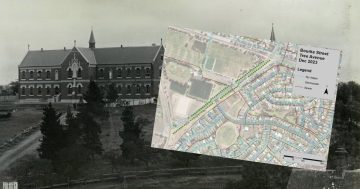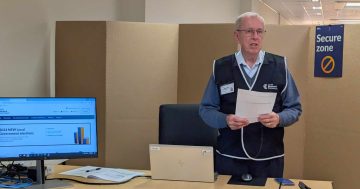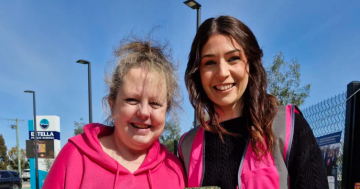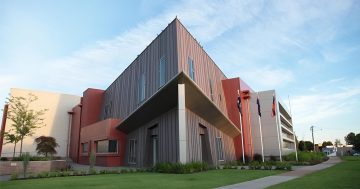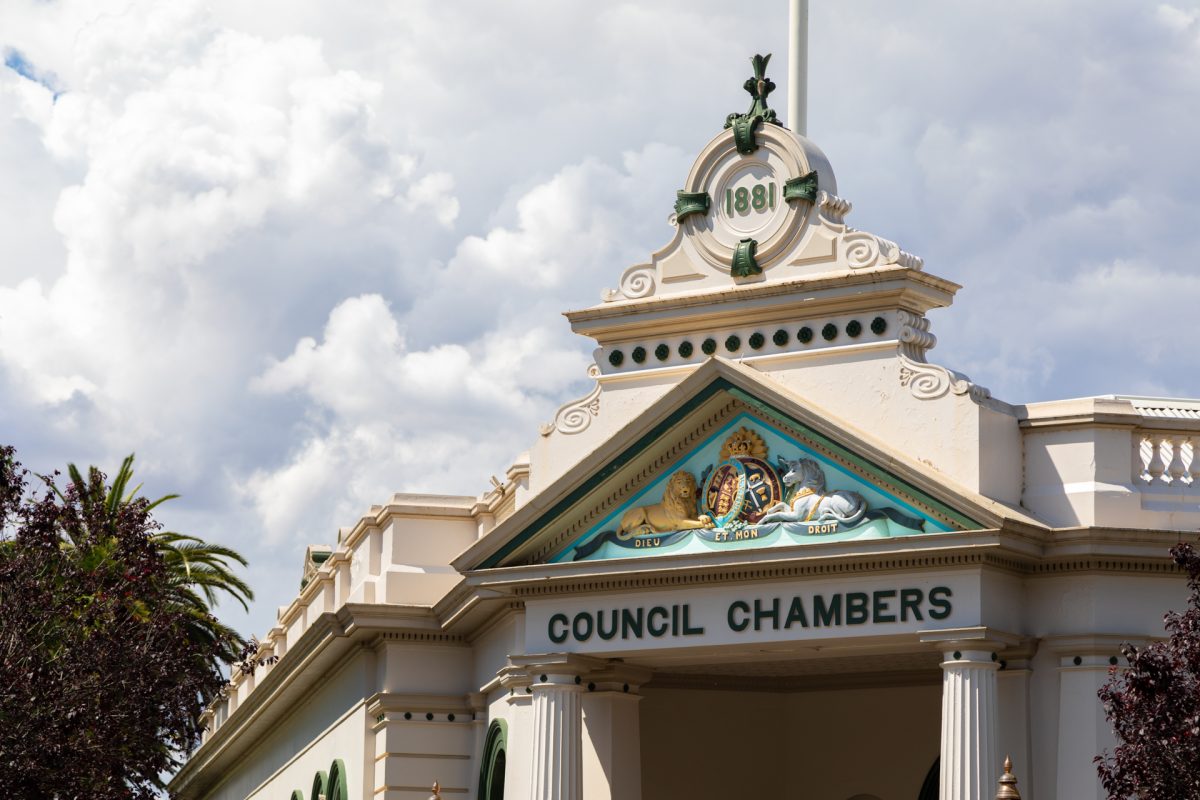
Wagga Council Chambers. Photo: Michelle Kroll.
After much deliberation, Wagga City Council voted in favour of reciting a ‘reflection’ instead of the traditional prayer to be more inclusive of the wider community.
Councillors voted in favour of replacing the prayer with a reflection on Monday (8 August) night as part of the new Code of Meeting Practice.
The traditional council prayer reads: ‘Almighty God, help protect our mayor, elected councillors and staff. Help councillors to govern with justice, integrity, and respect for equality, to preserve rights and liberties, to be guided by wisdom when making decisions and settling priorities, and not least of all to preserve harmony. Amen.’
The new reflection reads: ‘Councillors, let us in silence reflect upon our responsibilities to the community which we represent, and to all future generations and faithfully, and impartially, carry out the functions, powers, authorities and discretions vested in us, to the best of our skill and judgement.’
Councillor Dan Hayes said Wagga was a diverse community of many different faiths and cultural backgrounds and a growing population of atheists and non-practising believers.
He said it was about making more room for people and understood some would find that difficult.
“What has been proposed allows all people of faith to participate and those who do not,” Cr Hayes said.
“Prayer is too important to be reduced to a symbolic gesture or spoken by those who may not believe it purely because it’s listed on the agenda in the code of meeting practice.
“While the prayer is nondenominational, it should be clear that doesn’t mean it’s for all religions – it only covers Christian denominations.”
Councillor Richard Foley agreed that the council was obliged to conduct its meeting in an inclusive manner that respected the local community’s diverse needs and interests.
Councillor Rod Kendall, who also spoke in favour of changing the prayer, said it was “not about anti-Christian movement” but increasing “the inclusion of everybody in the community to the council meeting.”
“There are a large number of people in this community who do not have religious beliefs and will be offended if they were forced to say a prayer,” Mr Kendall said.
“Whether you agree with that or not is irrelevant but recognising it is important.”
“I took many phone calls today (on Monday), and several were from religious leaders who expressed the same thing.”
Cr Kendall said Christianity and prayer were not about forcing people who didn’t want to participate.
“But the most valuable prayer is the prayer that somebody chooses to make because they believe it’s important,” he said.
“The most valuable reflection that somebody makes is the reflection that they choose to make because it’s important to them.”
Cr Kendall said he wants to include the whole community in the council procedures, “those who are Christian, non-Christian, [those who have] religious beliefs and those who do not”.
“Everyone of those people are valuable and could have value sitting at this table if they wanted to. I don’t believe that saying a prayer is exclusive and including a prayer in our meeting practice excludes members of our community from active participation.”
Mayor Dallas Tout, councillors Mick Henderson and Tim Koschel proposed an amendment to include both the prayer and the reflection but this was eventually rejected.
Councillor Koschel said he wasn’t religious but believed the prayer should be kept in the meetings.
He said it didn’t make sense to exclude one group to create inclusiveness.
Mayor Tout said having just the prayer or just the reflection did not reflect society.
“I strongly encourage the solution does not have to be one or the other. A true reflection of our community is to have both where people can choose for themselves,” he said.
The Code of Meeting Practice was placed on public exhibition from 15 June to 12 July with a proposal to replace the prayer with a reflection but the council did not receive any submissions.
Prior to the Monday night meeting, councillors received hundreds of emails and phone calls to keep the prayer.
Councillor Amelia Parkins said she received a number of correspondences from the community that had been disrespectful, with some bordering on abusive.
According to Census data and the council’s community profile, 27.1 per cent of Wagga identified as Catholic, while 31.6 per cent of people had no religion and 6.4 per cent did not answer the question on religion.
Two community voices spoke at the meeting on Monday night, urging the council to keep the prayer.








